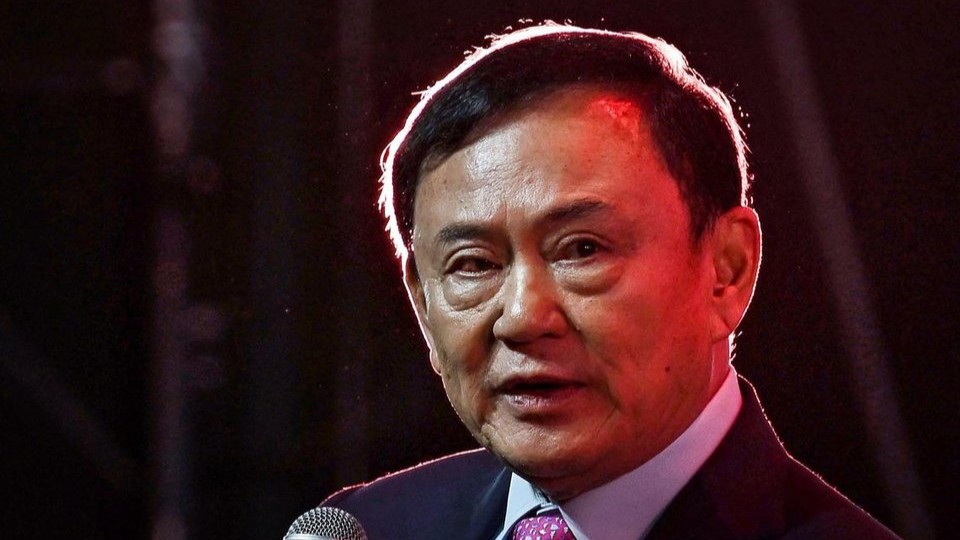Bangkok – Thailand’s embattled former Prime Minister Thaksin Shinawatra is scheduled to receive a verdict in a high-profile royal insult case on August 22, marking a pivotal moment in a saga that has defined Thai politics for over two decades. His legal team confirmed the date on July 16, as the lese majeste case intensifies scrutiny over the Shinawatra dynasty’s future.
The case, held behind closed doors, accuses Thaksin of violating Thailand’s draconian lese majeste laws—one of the harshest royal defamation statutes in the world. If convicted, the 75-year-old media tycoon could face up to 15 years in prison. The charges stem from comments he made to South Korean journalists more than a decade ago.
Thaksin’s return to Thailand in 2023 after 15 years in self-imposed exile raised eyebrows across political factions. He re-entered the country the same day his Pheu Thai party formed a government—ironically with the support of conservative and pro-military elites long considered his political nemeses. The coincidence sparked persistent allegations of a backroom pact aimed at ensuring political stability, or possibly immunity.
Upon arrival, Thaksin was swiftly imprisoned for past corruption and abuse of power convictions, though his sentence was dramatically reduced from eight years to one following a royal pardon by King Maha Vajiralongkorn—seen by some as a gesture of fragile reconciliation. Nonetheless, the lese majeste case has reopened old wounds and reignited concerns over power struggles within the Thai establishment.
Speaking at the Bangkok courthouse earlier this month, Thaksin’s lawyer Winyat Chatmontri expressed cautious optimism: “We are confident that we will receive justice.” The former leader, Winyat added, appeared “chill” despite the stakes.
Outside the courthouse, dozens of supporters gathered, donning red shirts—emblems of the pro-Thaksin movement—and held up portraits of the former prime minister. “He is a very talented man,” said 79-year-old supporter Vaew Wilailak. “But from past experience, bad people just want to get rid of him.”
Thaksin’s legal challenge coincides with a deepening crisis for his daughter, Paetongtarn Shinawatra, who was suspended from her prime ministerial duties on July 1. The Constitutional Court is investigating her conduct over a leaked diplomatic call in which she referred to Cambodia’s former Prime Minister Hun Sen as “uncle” and branded a Thai military officer an “opponent.” The remarks triggered backlash for undermining military authority and displaying undue deference to a foreign figure.
The controversy has unraveled Pheu Thai’s parliamentary majority, with conservative allies withdrawing support and leaving the government in the hands of a caretaker prime minister. Analysts say the synchronized pressure on both father and daughter suggests a systematic effort to neutralize the Shinawatra family’s influence once and for all.
“There is always someone within the establishment who sees him as a threat to Thai society,” said political scientist Yuttaporn Issarachai, noting that Thaksin’s persistent popularity and political instincts continue to unsettle the status quo.
As August 22 approaches, the verdict is expected to send shockwaves through Thailand’s fragile political landscape—regardless of the outcome. In a country where monarchy, military, and elected leadership remain in uneasy balance, the Shinawatra saga is far from over.






